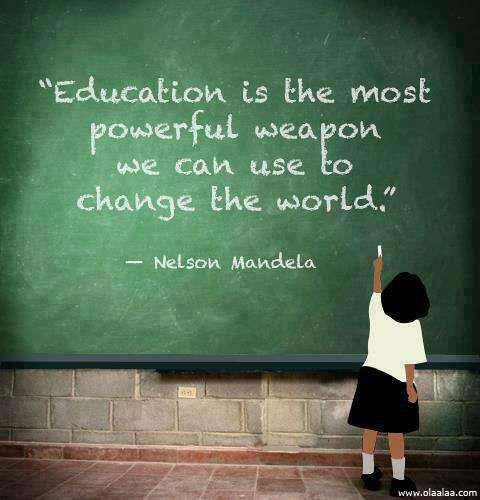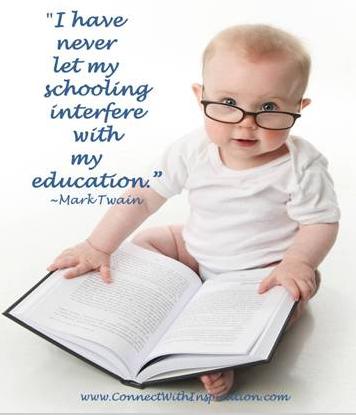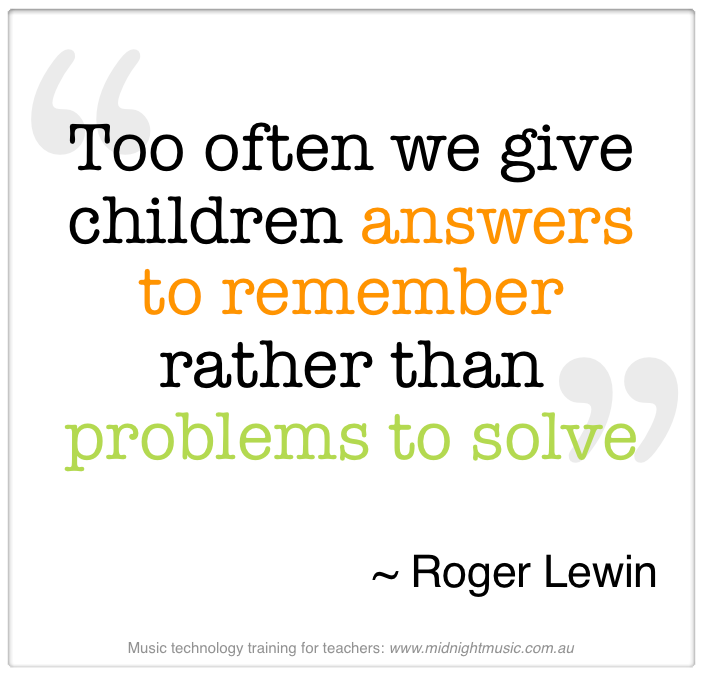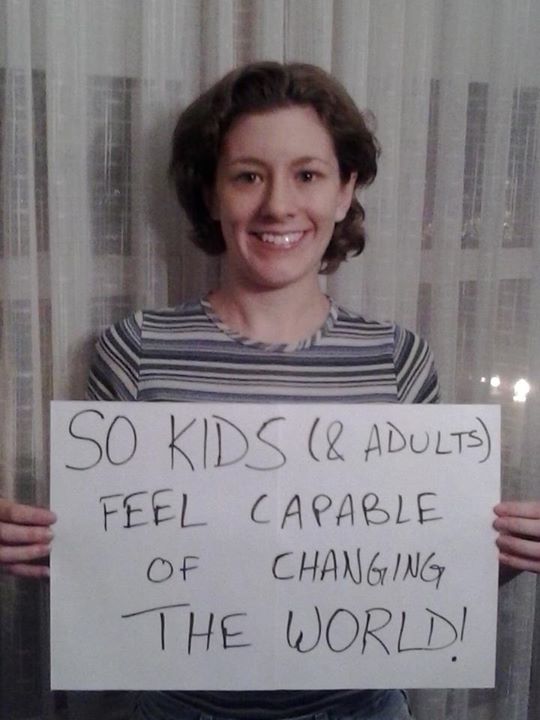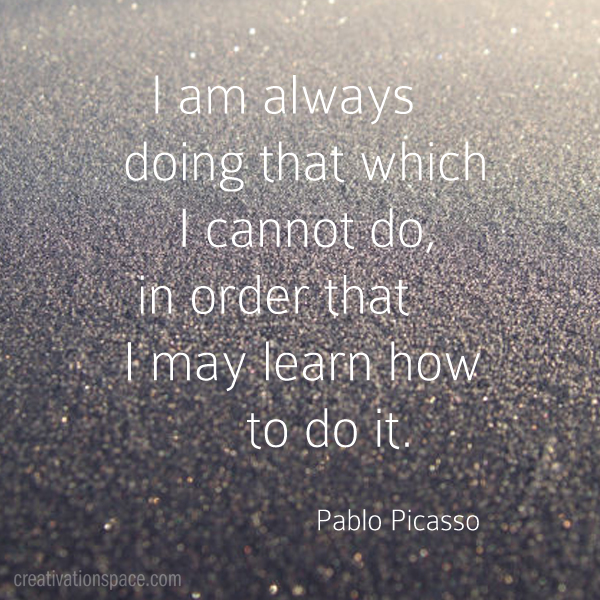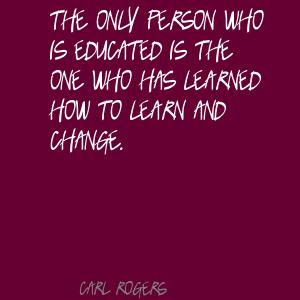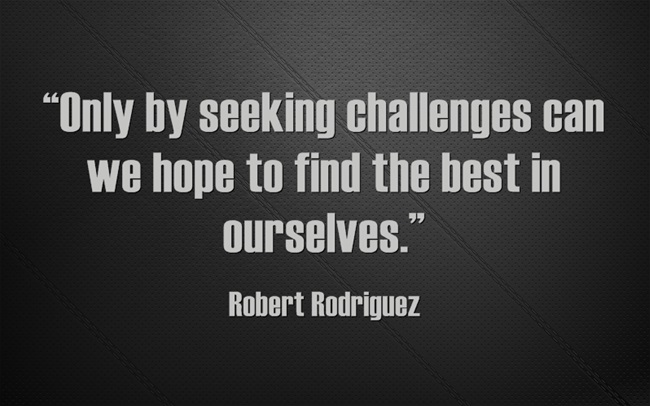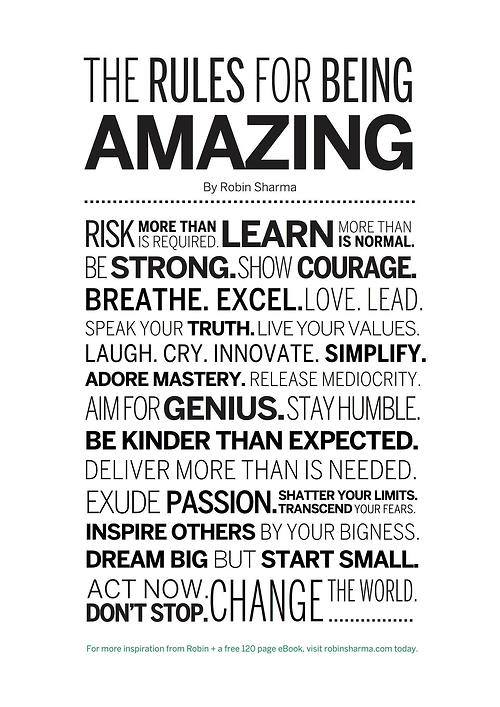|
Teresa's Educational Philosophy
* We are always learning! From before birth until the day we die, we are always learning and growing. Education is not something that happens only in schools or only with specially designated teachers. Education happens in all of our interactions – in normal everyday places (at home, in the car, at the grocery store); at informal learning institutions (at museums & libraries, in after-school programs, through homeschooling); and at formal learning institutions (from preschool through graduate school). Every moment is a learning opportunity. “There is no difference between living and learning... it is impossible and misleading and harmful to think of them as being separate.” - John Holt * Our basic needs must be met first. We are not just brains – we are embodied beings. Before all else, learners need to be well-nourished and well-rested. We need to feel safe and calm, comfortable and connected. We can not learn if we are hungry or overwhelmed. In fact, chronic stress changes our neurochemistry such that we also aren't able to learn well later in life. Nutrition, exercise, and relaxation are crucial for a ready learner. Lunch, recess, and nap time may be the most important parts of the school day. "Take care of your body. It's the only place you have to live." - Jim Rohn * All learners must be respected and trusted. We are all people, no matter what age, what gender, what ethnicity, what socioeconomic background. We might be at different stages in our learning process, but we all need to be respected as human beings. We are all learners, all students of life. "Treat people as if they were what they ought to be and you help them become what they are capable of becoming." - Goethe * Learning is all about interaction and participation. We learn by doing something, getting feedback, and then changing our output based on the feedback, whether we are a baby learning to speak our first words or we are a scientist running a physics experiment at CERN. Education is not something done to us, but rather something done with us. We need to be hands-on with the world. "Tell me and I forget. Teach me and I remember. Involve me and I learn." - Benjamin Franklin * Failure is feedback. There is no such thing as failure – F only stands for feedback. It tells us what we haven't learned yet and what we still need to work on. 'Failure' guides our learning so that we can investigate further into the areas we haven't discovered yet. “I have not failed. I've just found 10,000 ways that won't work.” - Thomas A. Edison * Curiosity drives learning. We can try to stuff information into other people's heads, but we only truly learn something when we want to know it, when we're curious about the topic, or when we have a driving force or a larger goal. We learn by exploring, by experimenting, by questioning, by wondering - not because someone is making us, but because we want to learn, because we need to know. We should never stop asking why. “I have no special talent. I am only passionately curious.” - Albert Einstein * We learn fastest when our learning is personalized and scaffolded. We all learn at different rates, and our individual rates can vary based on our motivation, interest, physical needs, etc. But we each learn much faster when we are challenged just beyond our current level, aka in our zone of proximal development. “We learn by pushing ourselves and finding what really lies at the outer reaches of our abilities.” - Josh Waitzkin * We are all learners and we are all teachers. Remember learning is all about interaction, which is a two-way street. 'Teachers' are learning just as much in the process, and 'learners' are teaching just as much. As we trust and respect all learners and teachers, we realize that we have something to learn from everyone and something to teach everyone. We all have multiple teachers, who are guides, facilitators, mentors, and fellow learners on this journey. “In learning you will teach, and in teaching you will learn.” - Phil Collins * The environment is our teacher as well. Because we are constantly learning, the world that's around us is constantly our teacher. How we or others design our environment has a huge impact on our learning. We need to make sure that we surround ourselves with interesting books, tools, people, etc. Some place where we feel safe and inspired. “I never teach my pupils, I only attempt to provide the conditions in which they can learn.” - Albert Einstein * Non-cognitive skills are just as important, if not more important, than cognitive skills. Yes, we all need to be able to read and write and do arithmetic, but we are only capable of learning those skills if we first are able to regulate ourselves through intrapersonal executive functioning skills (attention management, working memory, grit & resilience) and to interact with others through interpersonal social emotional skills (empathy, compassion, conflict resolution). "It's not that I'm so smart, it's just that I stay with problems longer." - Albert Einstein * We learn through interacting with all ages & all types of other learners. Grouping 20-30 similar kids of the same age together only exacerbates all of the developmental issues of that particular stage. But when we are interacting with younger students and older students, with babies through adults, with learners of other cultures & values, we learn how to modulate our behavior for different settings – how to be the leader and the follower, how to empathize with different people. "My piece of advice is to cultivate a sense of empathy - to put yourself in other people's shoes - to see the world from their eyes. Empathy is a quality of character that can change the world." - Barack Obama * Being able to figure it out is more important than already knowing it. A strong knowledge base certainly makes our future learning faster and easier, but in this day and age of information at our fingertips and with our limited biological memories, it is much more important for learners to be able to find knowledge and figure out solutions, than to already know the answer. "You don't have to know all the answers, you just need to know where to find them." - Albert Einstein * Technology is a tool. Technology is not education's savior, nor is it the devil - it's simply a tool, like books or manipulatives, that can be used to enhance learning, but can also distract & take us away from learning. Technology is wonderful when it is used to personalize and scaffold our learning and when it allows us to explore interesting topics that we might not have any other way to discover. “New technology is common, new thinking is rare.” - Sir Peter Blake |
